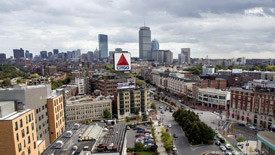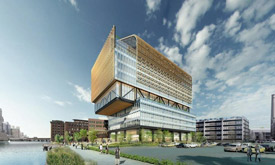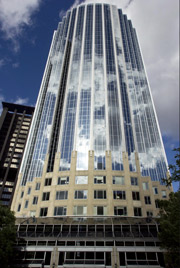
Credit: Boston Business Journal
According to the smart folks on the left coast, Massachusetts earned the top spot for startups in the country.
From the BBJ:
Massachusetts took the No. 1 spot yet again on a biennial innovation report from an influential California-based economic development think tank.
The ranking, released Oct. 24, “endeavors to benchmark states on their science and technology capabilities and broader commercialization ecosystems that contribute to company growth, high-value-added job creation, and overall economic growth.”
You can read the full article on the Boston Business Journal.


